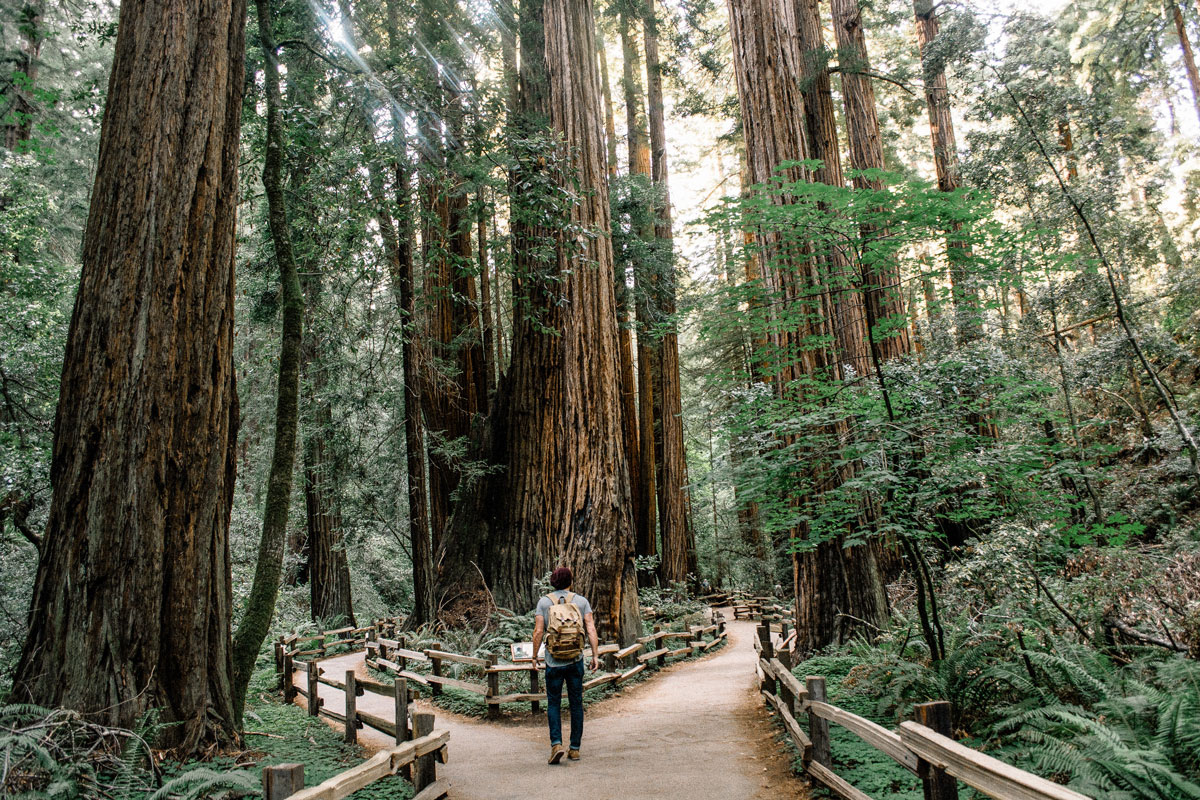
Devastation and Transformation
Natural hazards and their impacts force major transformations, be it physical, mental or spiritual. Landscapes change, economies change, ecologies change. People’s perceptions of their fundamental states of reality alter forever. There is no going back to the way things were, and as much as we may want to, it is simply not possible. Sadly, or perhaps fortunately, depending upon your perspective and situation, their impacts also challenge what we had perceived to be true. Truths for example about who we thought we were but no longer are, what we thought we valued but came to realise there were other more important things in life, who we thought we could trust but ultimately couldn’t, and perhaps our capacity for love.
Withdrawal and Discovery

Adversity and Identity
Not for a minute am I suggesting that either you or I are in this category. Even the words extreme hubris wouldn’t suffice here. But what I am saying is that as great historical spiritual leaders, they left us with a legacy and an example that said, “look, when times get tough, when truth seems to be in short supply or has reached its limits, when life as you understood it fails you or no longer resembles what you believed to be the source of either your truth or happiness, then stop, reflect and connect to that which inspires you genuinely to benefit yourself AND others”.
All adversity teaches. One of the fundamental tenets of Aristotle’s and The Buddha’s philosophy was that life teaches practical wisdom through lived experiences, and particularly adverse ones. The great German philosopher Fredrich Nietzsche said similar things: “that which does not kill you makes you stronger”.
This is not to say that adversity and the resulting harms are okay, deserved, or to be legitimated in some overly rationalistic way. As a philosophical tenet, harming oneself or another sentient being is not acceptable, but due to human fallibility, harm does exist and must be navigated. But leaving this argument aside for now, it is important for us to know and understand that the transformational nature of adversity is a spiritual process of discovery of the true nature of our identities.
Unique and yet, Universal

The specific circumstances in which I found myself were unique to the World in time and space: the World had not previously witnessed nor experienced them. Those same circumstances were unique in my experience: they hadn’t occurred previously in my life. However, paradoxically, the World profoundly understood my experience of the unique circumstances in which the World and I found ourselves.
Our lived experiences of unique and often very private circumstances are genuinely understood by our mythologies, philosophies and theologies as well as our art, music, poetry, theatre and literature. These ‘great bodies of knowledge’ are critical to helping us understand who we really are and what we are capable of as wise and compassionate people.
The circumstances you found yourself in showed you something about yourself that you may not yet be conscious of or comfortable with. That something will inevitably be about your capacity to feel and the ability to think, speak and act with Virtue towards yourself and Others. To feel love. To be compassionate. To show kindness. To be considerate. To be patient. To suspend judgment. To be truthful. To be trusted. To have integrity. And the list goes on.
Holding space for transformation
Seek the great ‘bodies of knowledge’ that speak to your experience. Learn to trust their insights. Get to know them in a way that eases your anxieties and inspires your journey. Seek those who can speak to them with wisdom. Surrender any notion of fixed ideas or beliefs that no longer serve you well but seek wise insights beyond your own limited beliefs. As time progresses, you will genuinely discover that the original circumstances and the related experience taught you something. Something you needed to know. Something that helped you find your truth. Trust me on this.

